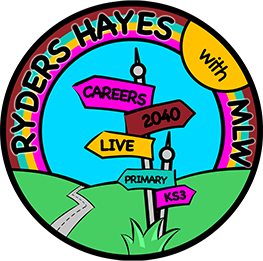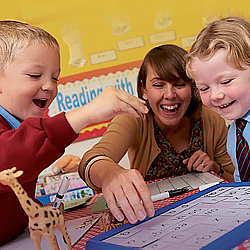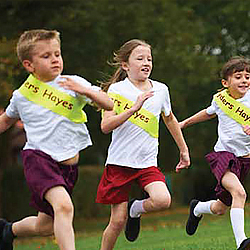Keeping Safe Online
E-Safety is a crucial part of keeping children safe at Ryders Hayes. We have extensive security measures in place in school to help safeguard pupils from potential dangers or unsuitable material. E-Safety is taught to all pupils explaining and demonstrating how to stay safe and behave appropriately online.
We can only be successful in keeping children safe online if we work with parents to ensure the e-safety message is consistent. It is important that parents speak to their children about how they can keep safe and behave appropriately online.
It’s essential to be realistic - banning the internet or technology will not work and it often makes a child less likely to report a problem. Education around safe use is essential.
1) Don’t post any personal information online – like your address, email address or mobile number.
2) Think carefully before posting pictures or videos of yourself. Once you’ve put a picture of yourself online most people can see it and may be able to download it, it’s not just yours anymore.
3) Keep your privacy settings as high as possible.
4) Never give out your passwords.
5) Don’t befriend people you don’t know.
6) Don’t meet up with people you’ve met online. Speak to your parent or carer about people suggesting you do.
7) Remember that not everyone online is who they say they are.
8) Think carefully about what you say before you post something online.
9) Respect other people’s views, even if you don’t agree with someone else’s views, it doesn’t mean you need to be rude.
10) If you see something online that makes you feel uncomfortable, unsafe or worried: leave the website, turn off your computer if you want to and tell a trusted adult immediately.


























